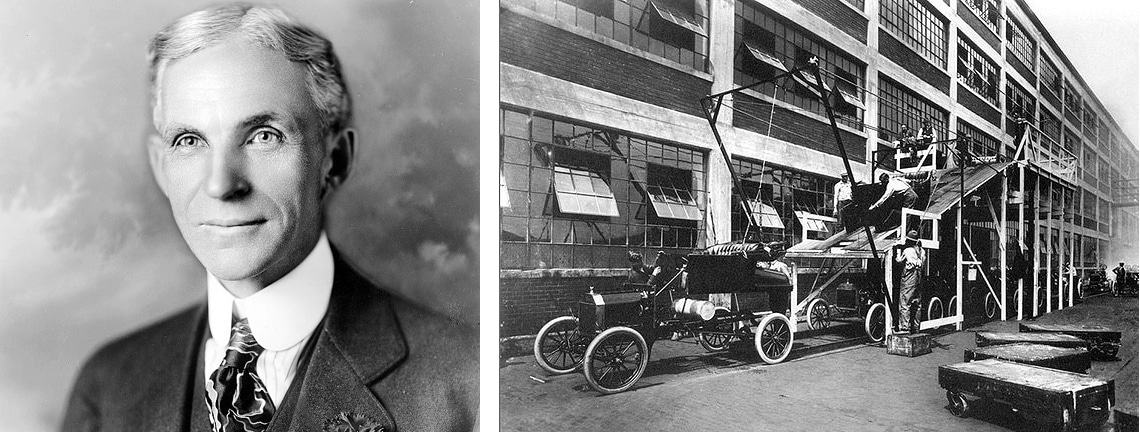
People Are Not Cars
What can designers learn from Motown music? You know that unmistakable sound of young America, it might seem like an unlikely or perhaps alternative mashup of industries, but it’s no secret that Hitsville had repeatable success in creating some of America’s top charting songs.
There are five key learnings from Motown that can correlate to the design community, including the assembly line, quality control, healthy competition, self-expression, and adaptability.
Before the assembly line was developed by Henry Ford, objects were manufactured start to finish by a single artisan or specialist. Clearly this took time and effort and Ford wanted a way to speed up the production rate of his model T cars. So instead of one person building one car, the process became segmented where one person was responsible for one part of the production process. This allowed an operator to specialize in a single task, and then complete that portion of the process repeatedly.
The assembly line has been a source of inspiration for way more than just the automotive industry. One example was the manner which it influenced how recording studios would be run by Motown records. Just like there are many facets that make a Motown artist, there are tons of facets to our design process, whether that’s engineering, architecture, landscape, design, interior design, the list goes on and on.
We have a rare opportunity to respond to the challenges we see in the world. As designers, we have the power to help shape what we want to see in our workplace, our communities, all the way to a global scale. Times are changing, they did for Motown and they are for us. But as we step forward it makes sense to look at the way we’ve always done things and ask ourselves if it’s still working? Would inviting unlikely suspects to our quality control meetings offer unique perspectives that help drive success? Can incorporating healthy competition offer an interesting way to diversify and cross pollinate our teams? Does our efficient assembly-line-inspired process make space for those that want to excel in their specialization and for those who want to thrive in hundreds of specialties? Maybe we take a few lessons from Motown’s playbook and remember that in the end you can have the greatest assembly line in the world, but people are not cars, and they are always going to express themselves outside the system.
